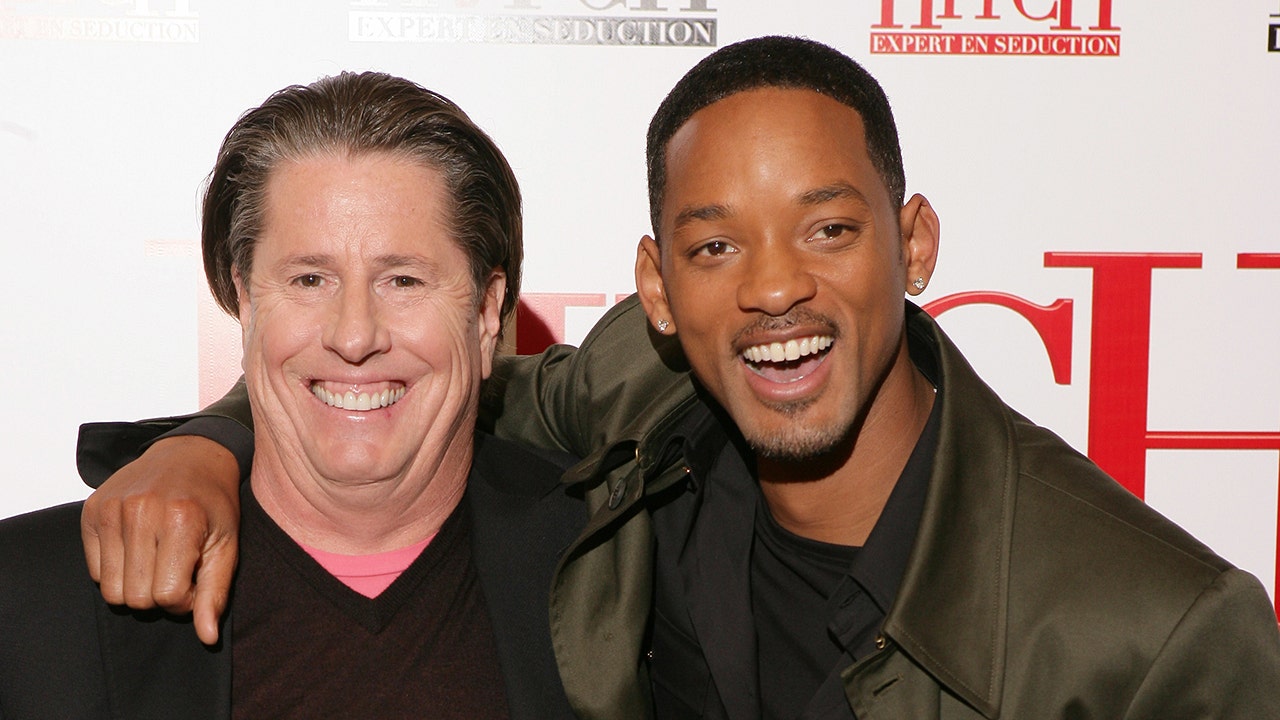The beloved classic movie Stanley Kubrick hated with a passion
While talking about Fritz Lang, Orson Welles and Francis Ford Coppola, Kubrick's daughter named the classic American film Stanley Kubrick hated the most.

(Credits: Far Out / Alamy)
Film
Wed 12 February 2025 20:42, UK
The world of Hollywood is littered with stars, however not every burning ball in the sky shines quite as brightly as every other. Some icons in cinema will outlive the film universe as we know it, and filmmaker Stanley Kubrick is certainly one of them. Stanley Kubrick will always be included in the pantheon of cinema’s most astonishing visionaries.
Kubrick’s films remain a vital part of the current discourse surrounding film art, widely celebrated for his pioneering achievements in unforgettable masterpieces such as 2001: A Space Odyssey and A Clockwork Orange.
Born in New York City, Kubrick did not receive formal filmmaking training during his formative years. Instead, he started as a photographer and had the necessary grit and determination to make it as a filmmaker. As such, most of Kubrick’s film education was influenced by the directors he watched during that period.
According to the late director, he had a transformative experience when he watched the films of pioneers like Sergei Eisenstein and D W Griffith at the Museum of Modern Art. While absorbing the complex artistic sensibilities of foreign figures and American filmmakers, Kubrick started building his unique vision of cinema.
“There are very few directors, about whom you’d say you automatically have to see everything they do,” Kubrick once said in an interview while talking about the greatest cinematic talents of the 20th century. “I’d put Fellini, Bergman and David Lean at the head of my first list, and Truffaut at the head of the next level.”
However, there was one director who Kubrick considered to be the greatest of them all. He said: “Highest of all I would rate Max Ophüls, who for me possessed every possible quality. He has an exceptional flair for sniffing out good subjects, and he got the most out of them. He was also a marvellous director of actors.”
Over the years, there have been many lists of Kubrick’s favourite films, but a definitive one was released when his daughter Katharina Kubrick-Hobbs released his top ten selection. It included foreign masterpieces by directors like Jean Cocteau as well as American classics such as Francis Ford Coppola’s The Godfather.
Kubrick’s daughter also noted that the director hated one particular American classic – The Wizard of Oz. She commented: “I know that he hated The Wizard of Oz. Ha Ha!” Although Kubrick never explained why he disliked the 1939 musical during his lifetime, it is safe to assume that he didn’t care for Victor Fleming’s work since he hated Gone with the Wind too.
To compare the work of Kubrick with the technicolour majesty of The Wizard of Oz is to do bost sides of the equation a dishonourable deed. Both cinematic icons have delivered crystalline moments that will live in the history of Hollywood forevermore, even if they did represent two different ends of the spectrum. The picture has been considered one of the pivotal moments in American cinema, presenting its story as one of the most told on celluloid, adapted and reshaped numerous times for numerous projects, while Kubrick has remained an idiosyncratic voice decades after his death.
Related Topics
Stanley KubrickThe Wizard of Oz










)






